Last December, several Apple executives led by Senior Vice President of Operations Jeff Williams traveled to Washington, DC to participate in a meeting with Commissioner Margaret Hamburg and other representatives of the U.S. Food and Drug Administration (FDA).
While the topic of the meeting was listed only as "Mobile Medical Applications", speculation fueled in part by the presence of Michael O'Reilly had suggested that Apple might be laying some groundwork for the iWatch by having preliminary discussions with the FDA. At the time of the meeting, O'Reilly had only recently joined Apple after serving as Chief Medical Officer of pulse oximetry firm Masimo.

Following disclosure of the December meeting, Apple Toolbox filed a Freedom of Information Act request with the FDA, asking for details on the meeting with Apple. After three months, the FDA has responded with a memo outlining the highlights of the meeting, and while the iWatch is unsurprisingly not addressed directly, it's clear that Apple is indeed looking to maintain a dialogue with the FDA as the company seeks to make an impact in health monitoring.
With regard to Apple's plans for health, company representatives thanked the FDA for guidance on mobile health apps and suggested that there may be a "moral obligation" to leverage this technology to improve human health but that care must be taken to make sure industry and regulators are on the same page.
Apple sees mobile technology platforms as an opportunity for people to learn more about themselves. With the potential for more sensors on mobile devices, Apple believes there is the opportunity to do more with devices, and that there may be a moral obligation to do more.
Sensors already exist on medical devices. For instance, Apple’s devices have cameras and accelerometers. There is still an opportunity to innovate, but Apple wants to make sure they are on the side of the FDA.
Discussions also centered around what aspects of health monitoring technology the FDA would regulate, with the FDA noting an emphasis on software being used to receive and calculate data rather than the more general hardware that would sense or display the data. Emphasis is also placed on how such health information is used, with uses considered educational or informational not being regulated while those considered diagnostic would be subject to FDA review.
Using the glucometer example, the glucometer may be unregulated if the intent is for a user to follow their blood sugar for the purposes of better nutrition. If the glucometer is marketed for diabetics, however, it would more likely be regulated as a medical device. FDA looks at how devices are actually used.
Apple's "Health" app for iOS 8, briefly introduced at WWDC last week, is Apple's first major step into this area, serving as a single location for users to either manually or automatically input various types of health data for tracking purposes.
While the lack of significant stage time for the feature at WWDC has led to some discussion of just how serious Apple is about its health initiative, the company may simply be waiting until it is ready to introduce the iWatch before making a bigger push with Health. With rumors of several types of biometric sensors being included the iWatch, it will likely serve as the core of Apple's health tracking initiative, with other accessories from third-party companies plugging into the system for more specialized tracking.



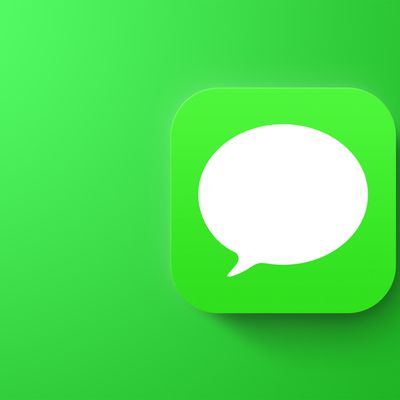
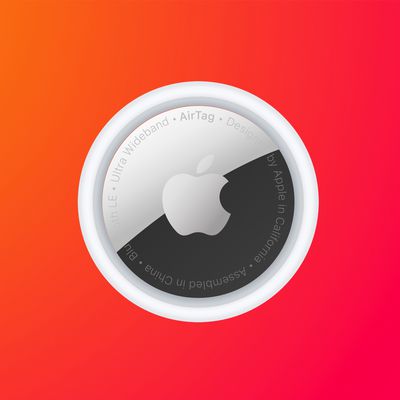
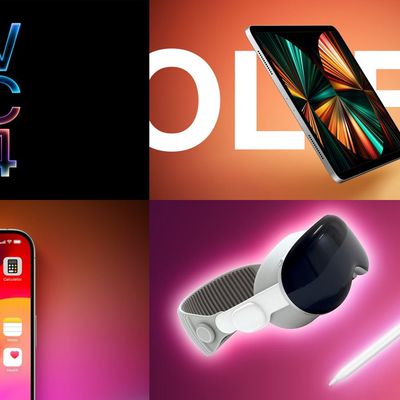
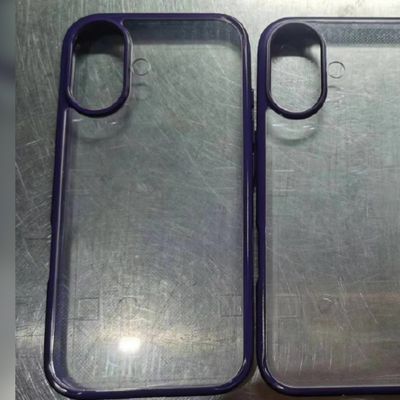










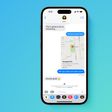


Top Rated Comments
No. Please tell us what you think the exaggeration is.
BPA banned everywhere, thousands petition to have it banned, FDA instead spends their time raiding family farms for daring to sell fresh raw milk to their neighbors.
----------
They don't monitor squat. They get jobs from the companies they are supposed to be watching over after they leave the FDA.
The FDA, USDA, EPA are corrupt corporate tools, especially the USDA, which under Obama has basically become an arm of Monsanto.
Ergo, the Apples I buy will be FDA approved.